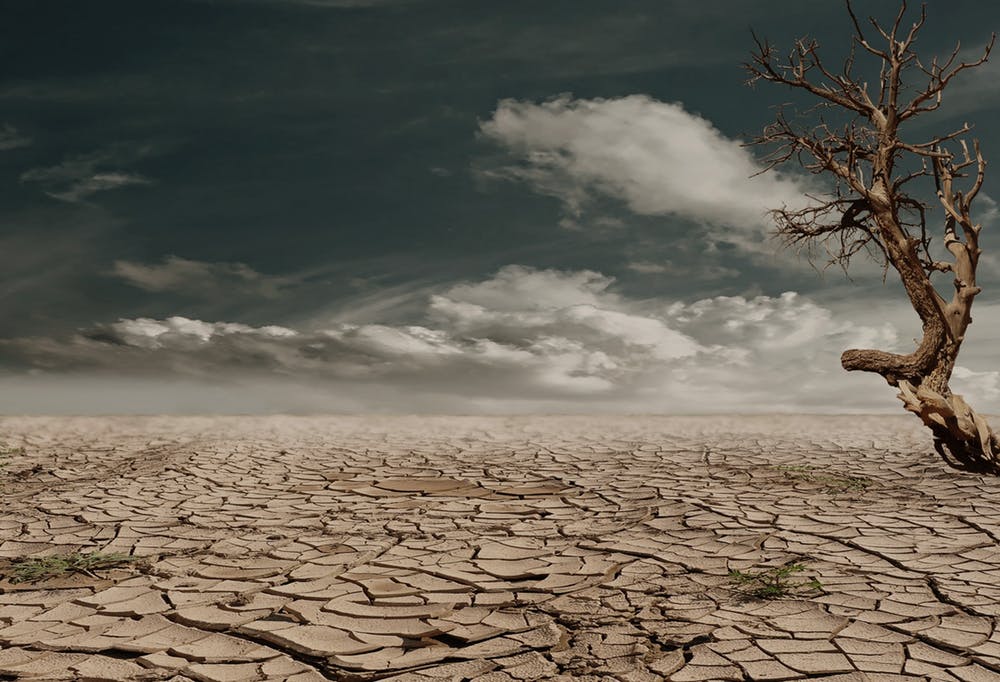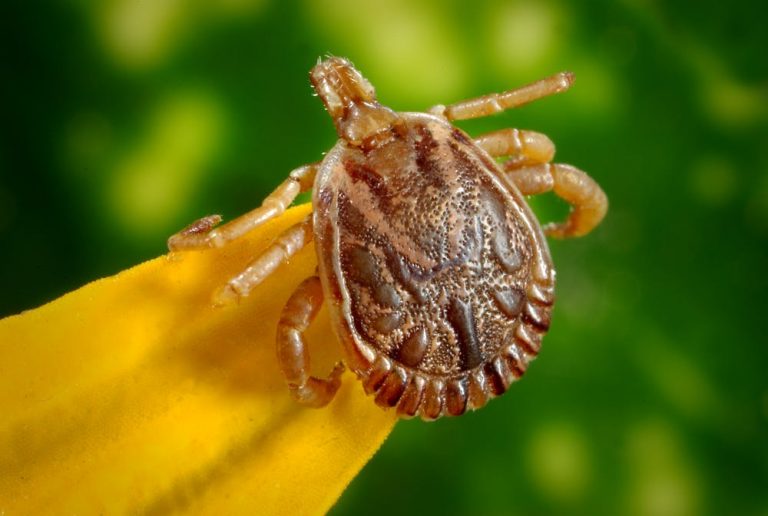
Many of us are aware that climate change has massive implications, many of which have already transformed our planet. Cities have recently experienced immense floods – carbon emissions are on the rise and ice in the Arctic Ocean has melted almost entirely. As time goes on, these issues will only get worse unless we take the necessary measures.
But if that’s not enough to turn you into an activist, here’s this – climate change directly harms people around the world. Take a look.
Extreme Weather Trends
The effects of climate change reveal themselves in several ways. One of the most prominent is the occurrence of severe weather events. Think about the recent bushfires on the eastern coast of Australia and the Venice floods back in November. These aren’t random situations – climate change has threatened the existence of many locations around the world.
While these areas house historical landmarks, they are also home to people and animals. Even towns and cities that aren’t near bodies of water will be harmed, as extreme weather trends aren’t limited to fires and floods. Hurricane and cyclone speeds have increased over time as well.
What this means is that within the next hundred years, if not sooner, our environments may become damaged. To preserve our homes, it’s necessary to recognize this and take proper action. Many towns, and the real estate agents and investors within them, have started to pour resources into this effort, as it directly affects their livelihood.
Diseases & Illnesses
As time goes on, our planet remains affected by climate change, as does our health. When temperature levels soar and an inevitable increase in pollution occurs, we’re more likely to have cardiovascular problems and endure heart attacks and diseases.
Also, our allergies may worsen as the amount of pollen in the air is on the rise. Alongside those intense weather trends comes the ability to spread diseases. Many scientists believe that an uptick in heat and rainfall will create the perfect conditions for outbreaks. In this case, we may experience water-related illnesses due to pathogens and vector-borne diseases from mosquitos and fleas.
Food Security
As the globe’s population continues to rise, so does the need for food. Unfortunately, agricultural production is threatened by climate change. Both greenhouse gases and the increase in temperatures directly affect various crops, from legumes to corn. Water scarcity may also impact meat production. Pollution and instances of overkill already harm fisheries, but marine disease outbreaks and changes in the season provide even more stressors. Transportation systems used to move crops to various locations may be affected by increased natural disasters. Carbon dioxide in the atmosphere can also remove nutrients in our fruits and vegetables.
As droughts increase and there are fewer resources for irrigation, it’s difficult to foresee a future with ample food.
Travel
Did you take a flight recently and endure an extra bumpy ride? Scientists believe that climate change is expected to strengthen vertical wind shears at higher altitudes, which will increase turbulence. When an airplane experience this, passengers and flight attendants can endure rather serious injuries. This creates the chance for injury.
But this already happens on airplanes, so where’s the cause for concern? Turbulence will grow in severity by 149%, which is a very high jump. All this to say that even the way we get around is affected by climate change. The same goes for water travel – with stronger storms and high water levels, boaters may find it hard to navigate the open water in years to come.
Mental Health Issues
Climate change is often a difficult subject to think about. Unfortunately, as there’s a surge in floods, tornadoes and fires, there’s an increase in mental health issues. Those who experience these events are left with long-term trauma as they try to reconstruct their lives. This is especially true for more vulnerable people, like the elderly and disabled.
In the event of a disaster, people who are already diagnosed with mental illnesses will have limited access to services and infrastructures they rely on. Further, many with mental health issues live in poverty, so if they experience an extreme weather condition, it’ll be harder for them to bounce back.
Lack of Water
A lack of water is one of the main ways we’ll experience the effects of climate change. If our current situation persists, in five years, two-thirds of the world will live under water-stressed conditions. Desertification is a huge issue that many people in already dry climates have experienced.
As we know, climate change causes an increase in temperature. This means that more and more, our water sources have begun to dry up. The distribution of rainfall in some areas of the world will be affected and cause major damage. Water quality as a whole may deteriorate, which will most-noticeably harm low-income individuals across the globe. As groundwater evaporates, wells become unusable. Every community must have access to sustainable water sources.
Don’t Wait to Make a Change
It’s apparent that climate change has begun to affect both the planet and the human race. From extreme weather to food scarcity to mental health issues, there’s a lot to worry about. Luckily, scientists, governments and activists alike have started to do their part to put an end to it – and so can you! There are adjustments you can make at home, in your diet and in your daily activities that will benefit the world. Reach out to others so they can do their part, too. When we all work together, great things can happen.


